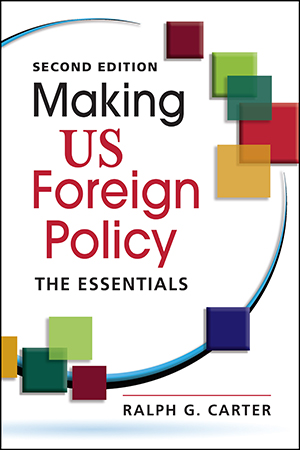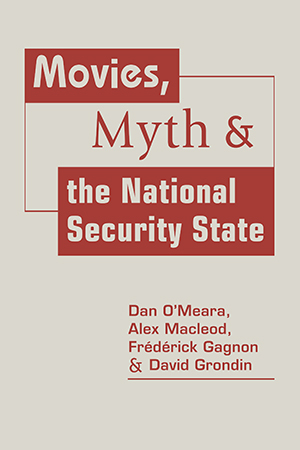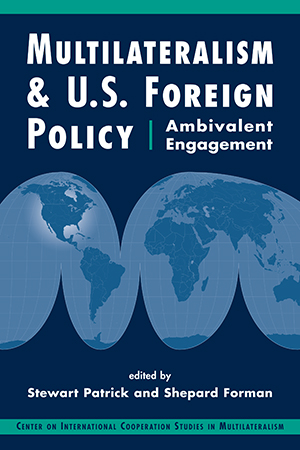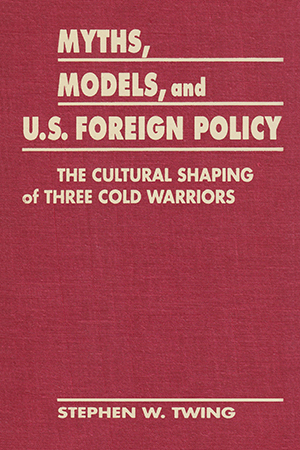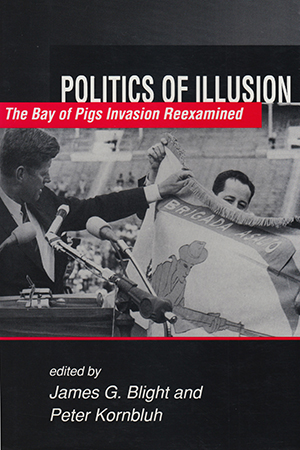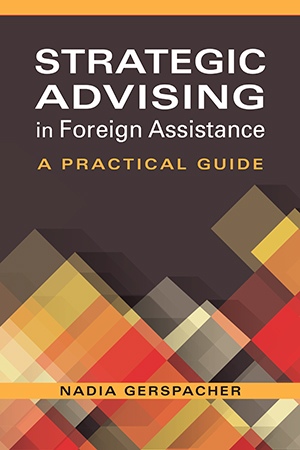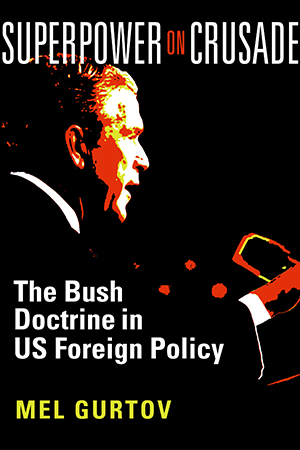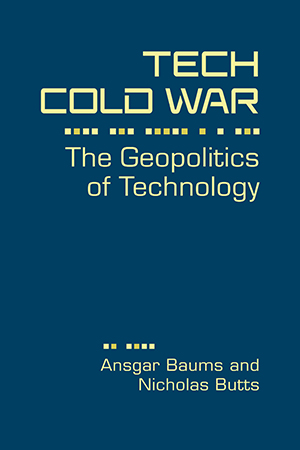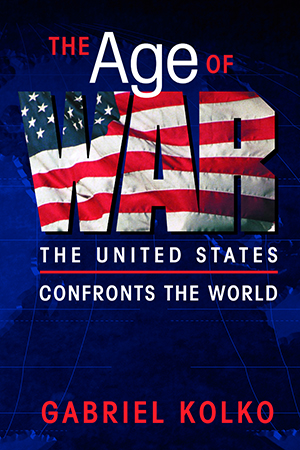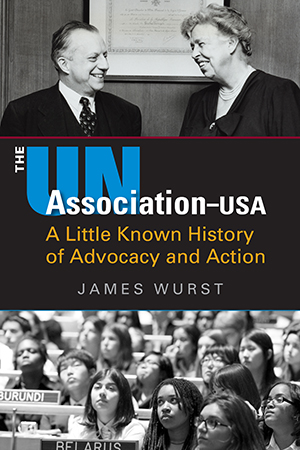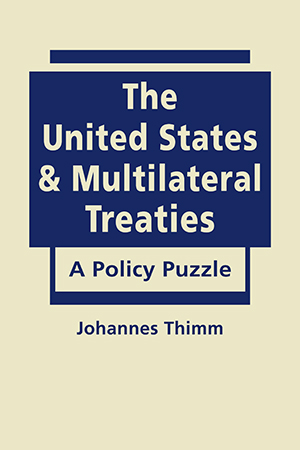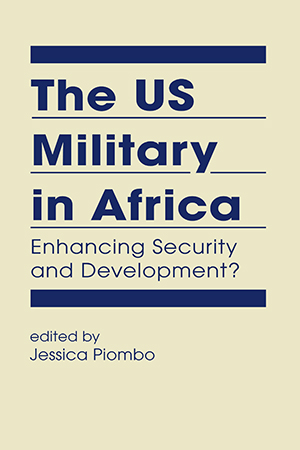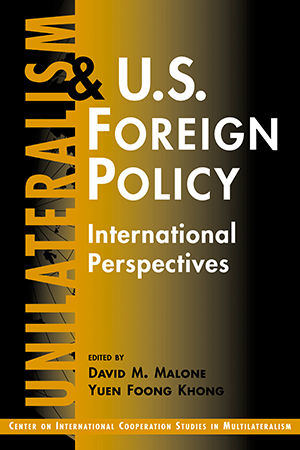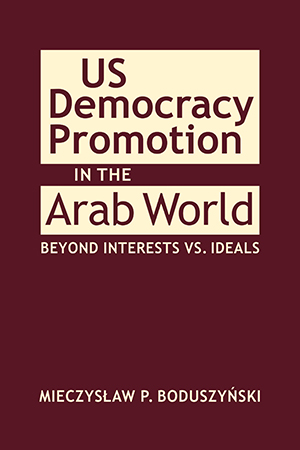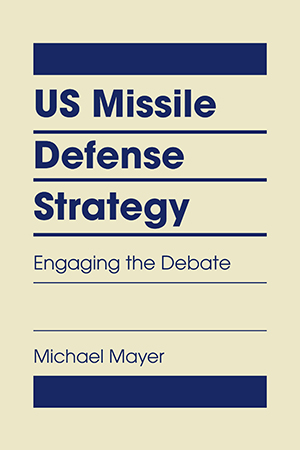US Foreign Policy
Whether your approach to teaching US foreign policy is thematic, historical, case-study oriented, regional, or perhaps a blend of several approaches, Making US Foreign Policy: The Essentials More >
While analysts may agree that Hollywood movies have always both mirrored and helped to shape the tenor of their times, the question remains: Just how do they do it? And how do we identify More >
When should the United States cooperate with others in confronting global problems? Why is the U.S. often ambivalent about multilateral cooperation? What are the costs of acting alone? These More >
In what ways does national culture influence the direction of U.S. foreign policy? What are the mechanisms through which culture shapes policy outcomes? Stephen Twing’s thoughtful More >
The defeat of the attempted April 1961 invasion of Cuba at the Bay of Pigs (Playa Giron) was one of the worst foreign–policy disasters in U.S. history. Since then, explanations of the More >
Though advisers to host governments have become an integral part of foreign-assistance efforts in the realms of both development and peace processes, there has been scant information on how More >
With its emphasis on unilateralism, preemptive attack, and regime change, US foreign policy under George W. Bush continued the longstanding US quest for primacy—but with some radical More >
TikTok, Huawei, semiconductors, AI … Technology has become a field of fierce geopolitical competition, especially between the United States and China. What drives this particular More >
In this comprehensive, succinct—and provocative—overview of five decades of US foreign policy, Gabriel Kolko gives special emphasis to the period since 2000. Kolko argues that, More >
Little known outside a small community of insiders, the United Nations Association–USA has had an impact on both the UN and the US-UN relationship far greater than its size would More >
Why is the US so reluctant to join global multilateral treaties, even when those treaties are in line with its own policies? And how does it decide which treaties to ratify? Finding that the More >
Recent US security policy toward Africa has adopted a multidimensional approach—including the use of military assets to promote economic development and good governance—that has More >
Choice Outstanding Academic Book! From the war on terrorism to global warming, from national missile defense to unilateral sanctions, the U.S. has been taken to task for coming on too More >
Whether democracy promotion should play a role in US foreign policy continues to be a subject of considerable debate, perhaps nowhere more than with regard to the Arab World. But looking More >
Why has the United States continued to develop ballistic missile defenses in an era of irregular warfare and asymmetric terrorist threats? How does missile defense contribute to US global More >


